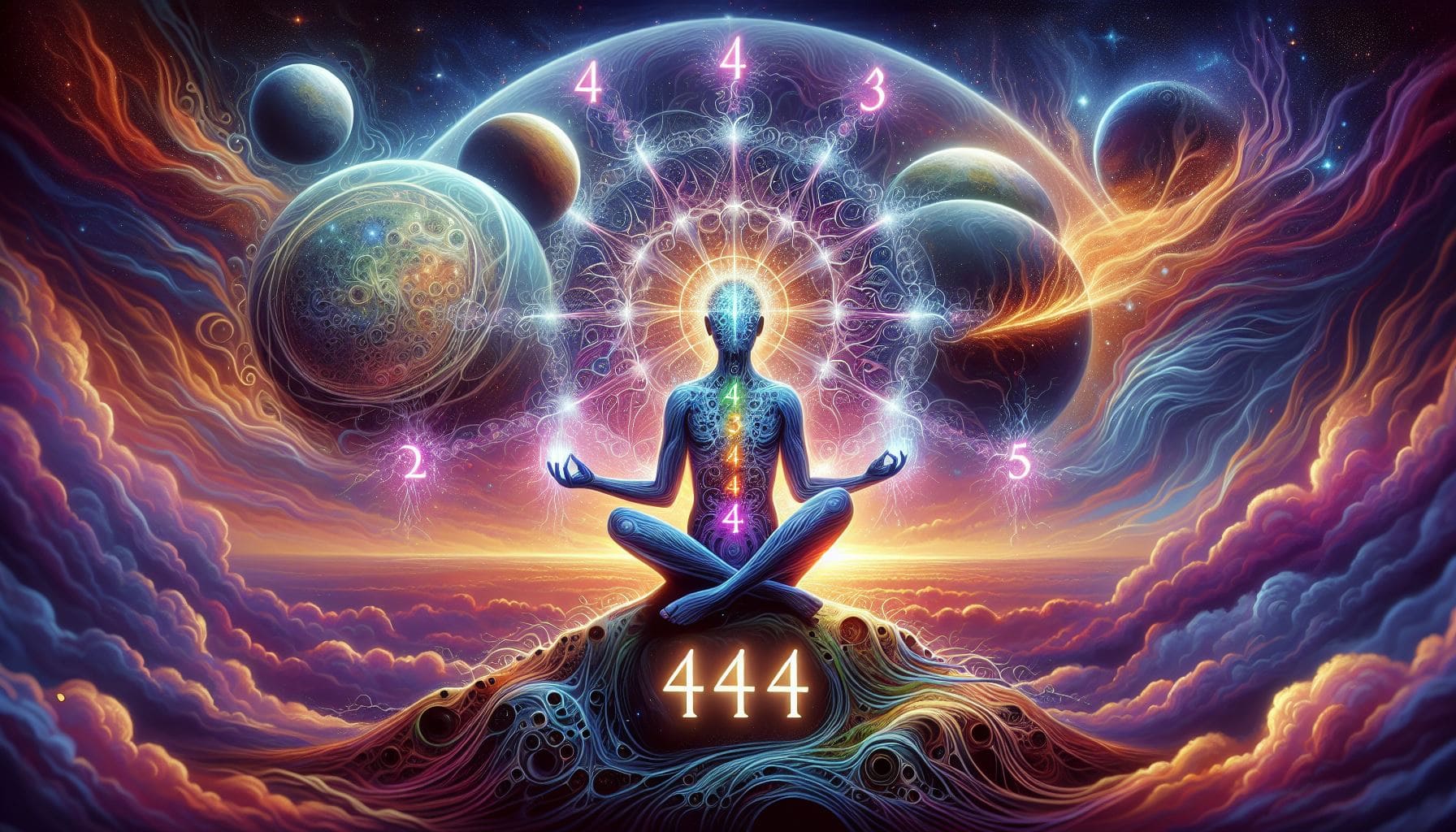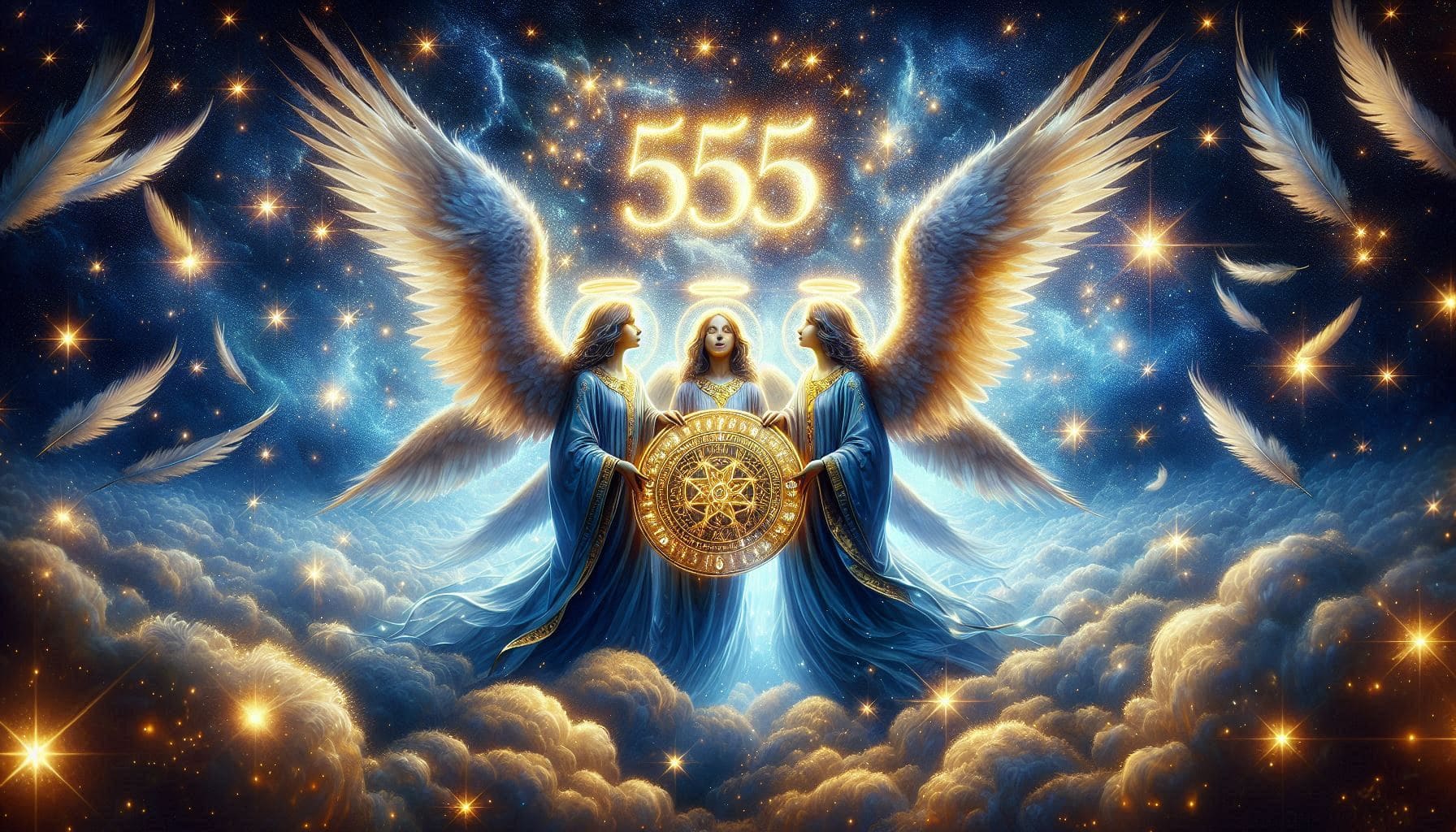Introduction to the Spiritual Symbolism of Number 20
Throughout history, numbers have served as powerful symbols that extend far beyond simple arithmetic. When we ask, what does the number 20 mean spiritually, we enter into a rich tapestry of mystical interpretations and symbolic insights that span cultures, religions, and esoteric traditions. In this expansive article, we will uncover the mystical symbolism of 20 and delve into its spiritual meanings, exploring how it functions as a bridge between material understanding and spiritual awareness.
The inquiry what is the spiritual meaning behind the number 20 invites us to consider not merely its mathematical representation, but also its role in representing transformation, completeness, and transition. Whether found in ancient texts or contemporary spiritual discourse, the number 20 is imbued with layers of significance, offering answers to those seeking to understand the hidden insights of the universe.
The Historical and Cultural Context of the Number 20
The significance of the number 20 can be traced back to various ancient cultures and religious traditions. Many ancient civilizations recognized its unique properties, incorporating it into their calendars, rituals, and mystical frameworks.
Mesopotamian and Ancient Near Eastern Traditions
In ancient Mesopotamia, numbers held deep mystical and symbolic meanings. The number 20 was often associated with the culmination of cycles and the establishment of a new order. Scholars suggest that the spiritual meaning of the number 20 in this context was tied to the natural cycles of the cosmos and the human experience.
Biblical and Judaic Interpretations
In the Bible, the number 20 appears on multiple occasions, signifying periods of testing, judgment, or waiting. For instance, in the Old Testament, periods of 20 years mark significant eras in the history of the Israelites. This recurring motif hints at a pattern of spiritual renewal and transformation.
Moreover, the Jewish tradition has its methods of employing numbers as part of mystical interpretation, particularly within the realms of Kabbalah and gematria. The interplay of letters and numbers often reveals hidden truths about the universe, and the number 20 is no exception.
Numerical Symbolism in Modern Esoteric Thought
Modern spiritual thinkers and practitioners continue to explore what does the number 20 mean spiritually. Its influence is often seen in numerology, where numbers are interpreted as carriers of distinct energies that impact our lives.
Numerologists often highlight the number 20 as symbolizing a balance between the spiritual and the physical realm. It is perceived as a number that encourages alignment, harmony, and the integration of opposites.
- Balance: Representing equilibrium between light and dark, material and spiritual.
- Completion: Suggesting the fulfillment of cycles and the readiness for transformation.
- New Beginnings: Marking the transition from one phase of life to another.
Those who delve into the realm of numerology might say that the essence of number 20 in spiritual contexts is that it stands as a marker of evolution, inviting each individual to reflect on their past experiences and prepare for the future with renewed vigor.
Philosophical and Esoteric Insights into the Number 20
When pondering what does 20 represent on a spiritual level, several philosophical perspectives emerge. The number 20 is seen as a point of convergence where endings meet new beginnings—a recurring theme in many spiritual teachings.
The Symbolism of Transition
One of the key themes associated with the number 20 is transition. This transition can be both internal and external, reflecting transformations within the self as well as changes in the external world. The number encapsulates the idea that every ending acts as a precursor to a fresh start, making it a vital element in the process of spiritual growth.
Envisioning the spiritual meaning of 20 in this context involves recognizing the inherent wisdom that comes with turning points in life. It teaches us that each phase, whether seemingly complete or in transition, is a stepping stone toward greater understanding and inner peace.
Duality and Unity
Another profound aspect of the number 20 is its inherent duality. By combining the energies of 2 and 0, this number reflects the relationship between duality and unity. The digit 2 symbolizes dual aspects such as yin and yang, light and darkness, while 0 is often seen as the symbol of potential, wholeness, and the void that contains all possibilities.
The interplay of these elements creates a dynamic tension within the number that mirrors our own journey towards balance. Many spiritual philosophies assert that understanding what the number 20 means on a spiritual level requires an acceptance of this delicate balance between opposites and an acknowledgement of the power of unity that arises from embracing those differences.
Interpreting 20 Through the Lens of Numerology
Numerologists assign specific characteristics and vibrations to numbers. When asked, what does the number 20 mean in spiritual numerology, the answer often revolves around its role as a mediator between the material and the mystical.
In numerical terms, 20 reduces to 2 (2 + 0) when simplified, and the qualities of the number 2—such as diplomacy, cooperation, and sensitivity—are naturally imbued within 20. However, 20 maintains the additional influence of the number 0, an element that magnifies and expands the energies of 2.
The Vibrational Energy of 20
The vibrational energy of 20 is uniquely potent. It carries the strong resonance of completion and readiness for transformation. Spiritual practitioners often use the number 20 as a symbol for contacting higher realms of consciousness, suggesting that the journey of self-discovery is not linear but cyclical.
- Cooperation and Harmony: Derived from the influence of the number 2, 20 encourages synergistic relationships and balanced partnerships.
- Infinite Potential: The zero in 20 symbolizes the infinite potential embedded in every ending, a constant reminder that new beginnings arise from what once seemed like the end.
- Spiritual Wholeness: The combined energies help us strive for a sense of completeness and wholeness, integrating all aspects of our being.
Simply put, the number 20 in numerology stands as a beacon, guiding those who seek deeper meaning and understanding of the universe.
The Role of Number 20 in Religious Texts and Mysticism
Religion and mysticism have long employed numbers as symbols of divine truth. A recurring question is what does the number 20 mean spiritually in religious contexts. In various sacred texts, this number appears with symbolic implications:
Insights from Biblical Narratives
Within the Bible, several stories and chapters are anchored around the number 20. For example, the period of 20 years of preparation or probation is mentioned, suggesting that crucial changes or revelations often occur after a period symbolized by 20. This narrative pattern underscores the belief that divine timing and spiritual evolution are intertwined.
The repeated appearance of 20 in biblical events prompts us to reflect on the cycles of spiritual renewal and the importance of patience in the journey towards enlightenment.
Connections to Eastern Spiritual Traditions
Eastern spiritual traditions, such as certain interpretations within Hinduism and Buddhism, also value cyclical time and transformation. Here, the number 20 can symbolize the phases of life and the continuity of existence—a reminder that endings constantly give way to beginnings.
By asking what does the number 20 signify on a spiritual level in Eastern thought, practitioners conclude that it emphasizes recursive cycles of death and rebirth, encouraging a reflective and introspective approach to personal growth.
Practical Applications: How to Harness the Energy of 20
Understanding the deeper meanings behind what the number 20 means spiritually can lead to practical applications in everyday life. Spiritual teachers often encourage followers to harness this energy to aid in personal transformation.
Meditation and Contemplative Practices
Meditation practices can be tailored to tap into the energy of 20. By contemplating its symbolism of balance and readiness for transformation, meditators can achieve a state of inner calm and clarity. Incorporate the number in your practice by:
- Visualizing 20: As you meditate, visualize the number 20 and allow its energies of completion and priming for change to wash over you.
- Using Mantras: Recite a mantra that includes the theme of duality or transformation, linking your inner journey with the energy of 20.
- Setting Intentions: Dedicate a session of meditation to setting intentions that align with the themes of balance and new beginnings.
By consciously engaging with the spiritual symbolism of the number 20, one can harness its power to overcome obstacles and create a more balanced life.
Rituals and Spiritual Practices
In many esoteric traditions, rituals serve as a bridge between the material and the spiritual. Incorporating the number 20 into ritualistic practices—whether through symbolic gestures, recitations, or related numerological studies—can help participants experience a deeper connection to the cosmos. A few suggestions include:
- Ritual Timing: Align significant celebrations or personal milestones with days numerologically connected to 20.
- Symbolic Offerings: Create offerings that incorporate 20 distinct elements, symbolizing completeness and transition.
- Divinatory Practices: Use tarot or other divinatory tools where the number 20 (or cards corresponding to it, such as “The Judgment” card in some decks) plays a pivotal role in interpreting personal journeys.
By integrating these practices into your daily life, you allow the humble number 20 to become a source of inspiration and renewal.
The Universal Message Behind 20: Transformation, Balance, and New Beginnings
At the very heart of the question what does the number 20 mean spiritually lies a universal message that transcends individual religious and cultural contexts. The number 20 invites us to look at life as a continuum of transitions, where every conclusion is but a precursor to a renewed beginning.



